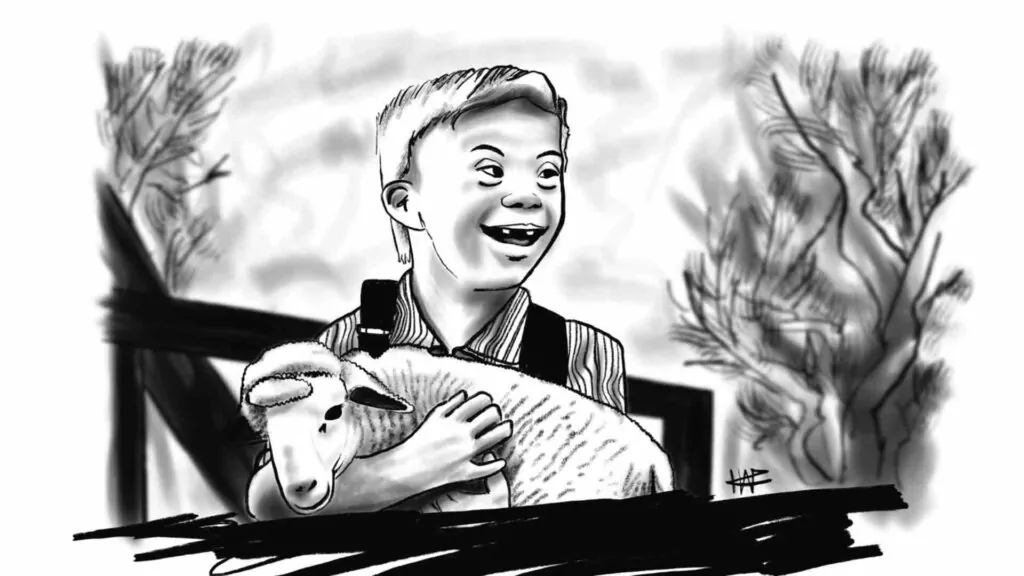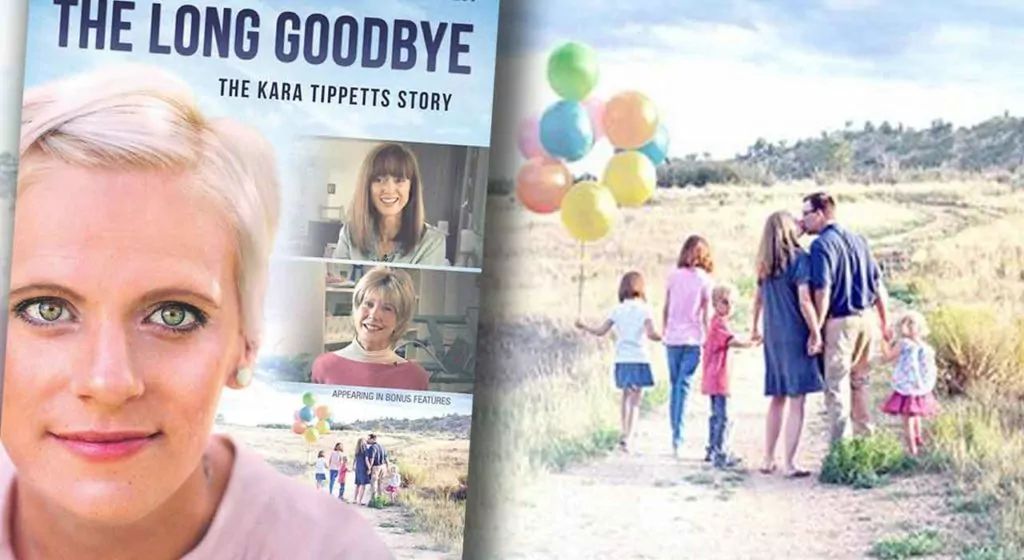It is a very special thing to be known, to have someone look at you and understand you and love you simultaneously.
My father lost his father at the tender age of six. He was just a tiny boy in stature but he loved his father with all his heart. His father, by the grace of God, had been able to help to implant the love of God in his young son. My father recounted to me that he had not really understood death when it did occur. He had read a Psalm, at his father’s request, as his father lay dying. Then his father’s bed was suddenly empty and a host of people came to visit his mother. He told me that he recalled the livingroom being filled with people, and that he (being such a short, little guy) had been engulfed in a sea of legs. Strangely enough, he thought he recognized his father’s legs. He ran up to those legs, grabbed them and tried to hoist himself up. When he had done that previously, his father had always lifted him up. But a strange face stared down at him. It was not his father. He had been mistaken.
It can possibly be rather dangerous to be mistaken in identifying someone or something. There was a news item a number of years ago about a man who bought a snake from a neighbor. He was told that it was a python. After paying one hundred dollars for the creature, which was a good size, he took it home to the other pythons he owned. As he walked towards his door carrying the snake, it somehow fell to the ground. He bent down to pick it up and it bit him. Because the man assumed that the animal was a python, he was not worried about the bite when it happened. After all, pythons are not poisonous. However, about thirty minutes later, as his hand became very swollen and painful, he was concerned enough to head for the hospital. It turned out that the snake was not a python after all, but a copperhead. Anti-venom was given and what potentially had been a life-threatening situation was averted. The fellow was extremely thankful that he had not hung the new snake acquisition around his neck.
But an unfortunate unawareness of identity can sometimes have a happy ending. There is the story of a little girl in England who was evacuated to the Welsh countryside during the Blitz – Germany’s WWII bombing campaign against the United Kingdom. She was placed with a family for quite a while and was constantly hopeful that her parents would arrive to convey her home again. The girl’s surname was Knight. Back home she had a neighbor by the name of Mr. Wright. This neighbor was killed during an air attack. When the news of the neighbor’s death came out, the names of Knight and Wright were mixed up. The child was mistakenly told that her father had died. Many tears were shed before it came out that there had been an error of identity.
****
Archbishop James Ussher, (1581-1656), Archbishop of Armagh, and Primate of all Ireland, was a Calvinist. He lived in turbulent political times, times in which there was much tension between Catholics and Protestants. Much can be said about the man, but there is a story about him which deals with mistaken identity.
The Archbishop was often about the country visiting his curates. He wanted to know how they were doing, whether or not they were well respected in their communities and if they were true shepherds of the flocks which had been entrusted to them. He did not want them to know, however, that he was checking up on them. So he became a master at disguising himself so that no one would recognize him.
On various occasions, Archbishop Ussher dressed as a beggar and knocked on the doors of his clergy. One fine day, dressed as a vagrant, he knocked on the door of one particular curate. The man was out, and his wife answered the door. Seeing the rather unkempt figure of a man at her threshold, she took him in and offered him bread, porridge and water at the kitchen table. But she alongside this meal, she also served him a lengthy harangue.
“For shame, old man, to go begging at your age!!” she began, “How can you be so lazy!”
He did not answer, but regarded her thoughtfully above a spoonful of porridge.
“Your sitting here is not the fruit,” she went on, waving her finger at him, “of an honest, decent, industrial and hard-worked life.”
He still did not respond, but took a drink of the water she had placed by his plate. Thinking, perhaps, that she could aid in the education of this ill-looking specimen of a man, the wife questioned him. “Tell me, old man,” she spoke a little gentler now, “how many commandments are there? Do you know the answer?”
Ussher, pretending to be confused, stammered out, “Eleven.”
“Eleven?”
He nodded.
“Eleven,” she repeated in a frustrated manner, and then went on, “I thought so. Not only are you lazy, but you are also unlearned and not knowledgeable in the ways of God.”
Ussher sat before her in silence, seemingly unresponsive. The wife walked over to the cupboard and took out a booklet. “Here, old man,” she said, placing the booklet next to his food, “take this with you when you leave. Learn your catechism. And when you have learned it, you will find out that there are not eleven commandments, but ten. Ten, you hear? Put that in your bowl and eat it.”
Archbishop Ussher left that home and later made it known that the following Sunday he would preach in that very parish which he had just visited. When Sunday arrived the wife of the curate was among the congregants. She had no idea that the old beggar who had graced her kitchen table that week would be preaching. The text was announced. It was to be from John 13:34:
“A new command I give you: Love one another. As I have loved you, so you must love one another”.
“It would seem,” Ussher began his sermon, “from this text that there are eleven commandments.”
At this point of time, the Archbishop was recognized by the curate’s wife. What she thought and what she felt at that moment is not known, but shame might have enveloped her.
****
The most important person to recognize and know is, of course, the Lord Jesus. There is the story of Mary Magdalene, weeping for Jesus, and not knowing him. John 20:14-16 relates the incident of her standing by the tomb.
“When she had said this, she turned around and saw Jesus standing there, but she did not know that it was Jesus. Jesus said to her, ‘Woman, why are you weeping? Who are you looking for?’ Because she thought he was the gardener, she said to him, ‘Sir, if you have carried him away, tell me where you have put him, and I will take him.’ Jesus said to her, ‘Mary.’ She[turned and said to him in Aramaic, ‘Rabboni’ (which means Teacher).”
We are fully known. This is what 1 Cor. 13:12 tells us.
“For now we see only a reflection as in a mirror; then we shall see face to face. Now I know in part; then I shall know fully, even as I am fully known.”
This is so good and so comforting. It is also good to realize that, because of the Holy Spirit, Jesus is always with us, constantly near us, even though we may not always recognize Him or be aware of Him. Our eyes might be filled with tears, or blind with worry and fear. Yet it is good to remember that He is omnipresent – everywhere and in all places. He might appear differently than we think, dressed in ways that take on an appearance we might not expect.
At this point of time we see only a bit of His glory, and that imperfectly. But we are in the process of becoming like Him and we shall know Him fully. 1 John 3:2 gives us assurance:
“Beloved, now we are children of God; and it has not yet been revealed what we shall be, but we know that when He is revealed, we shall be like Him, for we shall see Him as He is.”
Christine Farenhorst is the author of many books including “Katherina, Katherina,” a novel taking place in the time of Martin Luther. You can read a review here.











